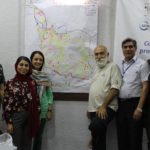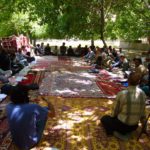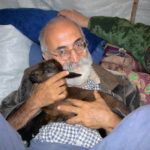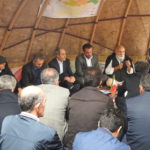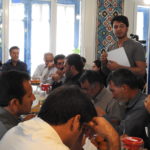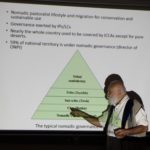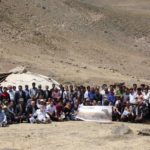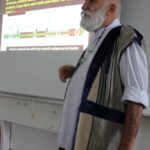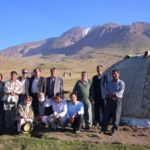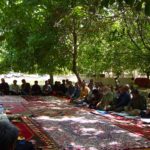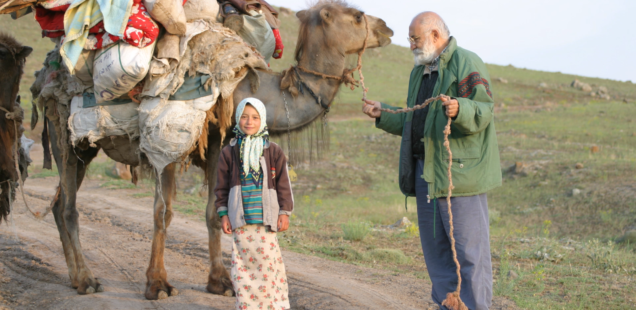
Securing territories of life for the sustainable livelihoods of mobile indigenous peoples and the conservation of nature in West Asia – an initiative in memory and honor of Dr. M. Taghi Farvar
Dr M. Taghi Farvar (1942-2018) was a pioneer in participatory nature conservation with indigenous peoples and local communities. He always defended their collective rights over their territories and natural resources and sought to positively influence relevant policies at national and international levels. He particularly loved working with indigenous nomadic tribes, supporting their practices for sustainable pastoralism. Taghi believed that indigenous peoples and local communities are the crucial actors to engage in both sustainable livelihoods and conservation of nature, and that their indigenous and traditional knowledge is indispensable to preserve, sustainably use and restore nature in their ‘territories of life’. For him, tribal elders— women and men, holders and perpetuators of such knowledge—are the teachers we need to listen to if we wish to conserve Mother Earth.
Taghi dedicated his entire life to what he believed, and often succeeded in making a tremendous change in the situation of indigenous peoples and local communities at local, national and international levels. An account of his life and achievements is available: https://www.iccaconsortium.org/wp-content/uploads/2018/07/Mohammad-Taghi-FARVAR-24-July-2018-1.pdf together with spirited memories of how he touched the lives of others: https://www.iccaconsortium.org/index.php/2018/07/17/dr-mohammad-taghi-farvar-president-of-the-icca-consortium/
In Iran, Taghi was the co-creator and inspirer of the Centre for Sustainable Development and Environment (Cenesta) and a prime instigator and supported of both the Union of Indigenous Nomadic Tribes of Iran (UniNomad) and the Union of Indigenous Camel Herders of Iran (UniCamel) – all working in support of the territories of life of the mobile indigenous peoples of Iran.
In 2018, to react to the loss of Taghi and to keep honouring his memory, experience and teachings, Cenesta developed an initiative ‘to support the self-strengthening of indigenous nomadic peoples, custodians of territories of life in West Asia’. The overall aim is to strengthen the organization, internal and mutual solidarity, learning and purposeful action of UniNomad and UniCamel. In fact, this initiative is also to help them to react to the loss of Taghi– who was for many years their chief inspirer and mentor. In 2019 the initiative was submitted to the Paul K. Feyerabend Foundation and the ICCA Consortium, which decided to jointly support it.
The initiative will allow UniNomad and UniCamel to meet regularly and solidify their organization, identity and action. With the support of Cenesta, they will improve their capacity to facilitate self-strengthening processes in their territories of life and advocate with governmental authorities for appropriate national and sub-national policies. The initiative will also allow UniNomad and UniCamel to expand their outreach by actively contacting, supporting and seeking the membership of other mobile indigenous tribes and tribal confederacies in West Asia. Ultimately, the territories of life of mobile indigenous peoples should be secured under their governance for both the sustainable livelihoods of their custodians and conservation of nature.

